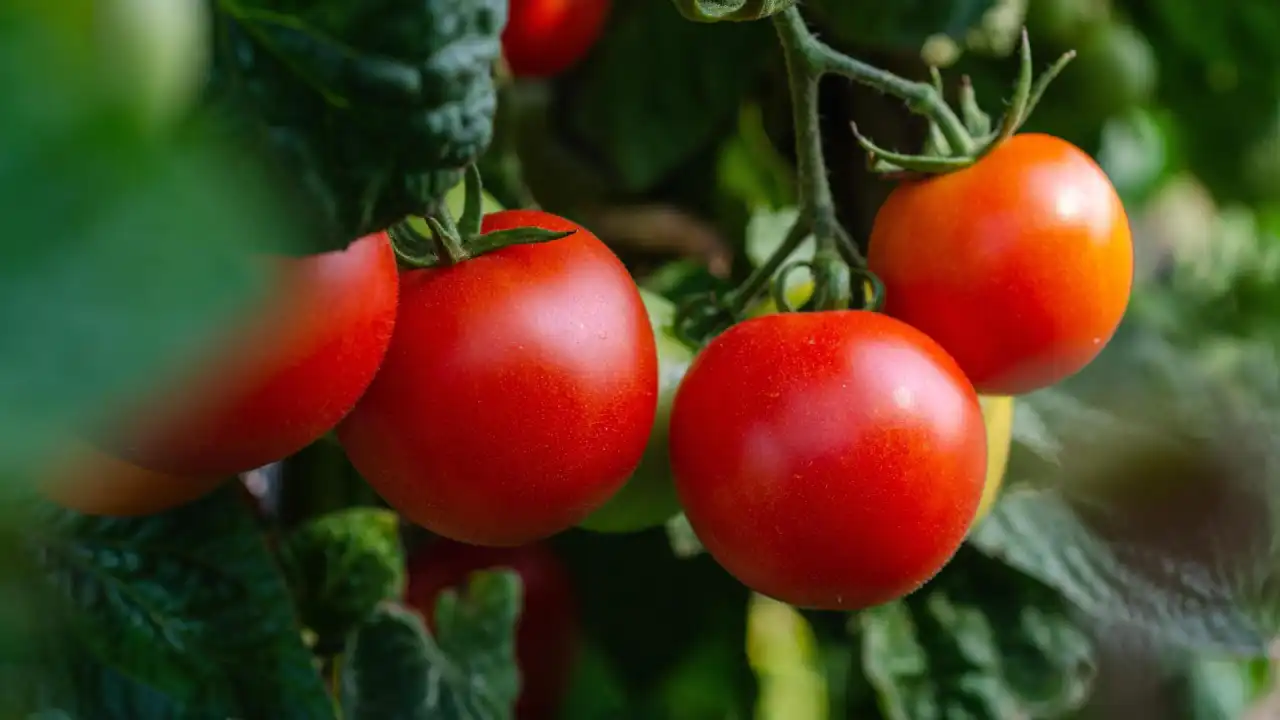Biostimulant microorganisms in soil-less cultivation: using a bioreactor to improve tomato crops

Soilless horticulture was developed to protect crops from soil-borne pathogens. However, this "sterilization" of the plant rhizosphere is both a blessing and a curse. It eliminates both beneficial organisms and pathogens. To bring resilience to crops, CTIFL and DIVATEC have come up with a nitrifying biofilter that creates optimal ecological conditions for the development of phytostimulant bacteria. The aim is to grow tomatoes without phytosanitary products, while reducing the use of mineral fertilizers. This forum at SIVAL will present the results obtained during three years of trials. The presentation will cover the agronomic performance of the crops...
Soilless horticulture was developed to protect crops from soil-borne pathogens. However, this "sterilization" of the plant rhizosphere is both a blessing and a curse. It eliminates both beneficial organisms and pathogens. To bring resilience to crops, CTIFL and DIVATEC have come up with a nitrifying biofilter that creates optimal ecological conditions for the development of phytostimulant bacteria. The aim is to grow tomatoes without the use of phytosanitary products, while reducing the need for mineral fertilizers. This forum at SIVAL will present the results obtained during three years of trials. The presentation will cover the agronomic performance of the crops, as well as the microbiological characterization of the nitrifying biofilter.